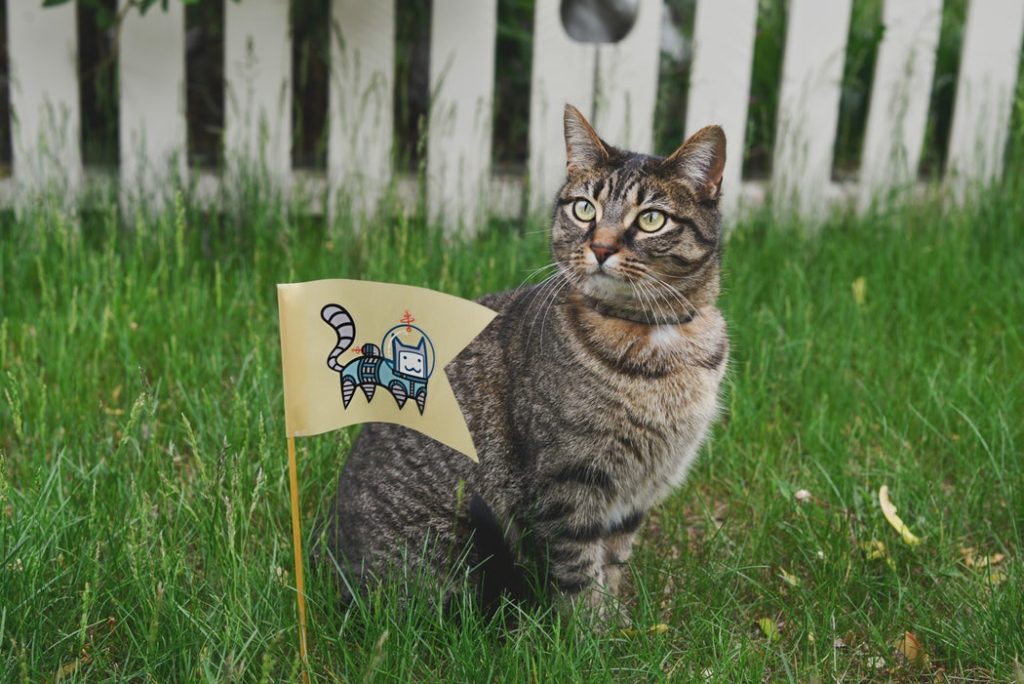
Remember Silly Putty? You could pull it apart slowly, and it would keep stretching and stretching and stretching. But if you tried to pull it apart really fast, it wouldn’t stretch. It would snap.
Sometimes I feel a lot like Silly Putty, trying to stretch to accommodate all of the elements of my life. But I think that the hardest part for me, besides my sons’ father living far away, is being pulled in two directions trying to meet the needs of both of my boys. I feel like I’m just stretching and stretching. Most of the time, I can keep stretching, and I do. But sometimes, too many things that require my attention happen at once, and I reach a breaking point.
Take last weekend, for example. Nearly all day Saturday was spent doing Neil’s Boy Scout event with recycling Christmas trees. We got home from that, I made dinner, cleaned up after dinner, and started doing some work that was due for a client. I figured I could finish it by Sunday afternoon before heading out to the animal shelter to do the weekly volunteer work that Neil needs for a Scout requirement. Then we’d get home, I’d make dinner, fill out some paperwork that needed to be done, and that would be the end of the weekend. No down time. I felt really stretched.
So I was sitting at my computer, working on some spreadsheets, and Adam walked in to ask me to take him to the mall tomorrow so that he could trade in some old video games and get a new one. I sighed, trying to avoid snapping. I felt like I was being pulled apart too fast. I started to complain about how busy I was, being gone all day at the Scout thing and having work to do, and the animal shelter tomorrow, and more work, and . . . Adam’s face fell. He started to walk away.
And then it hit me. Again. I do so much for Neil. He requires so much of my focus and time. And Adam asks for so little. How could I not do this for him? All I needed to do was stretch a little more, to make a little time for my second son, who so often feels like second fiddle.
“Wait, honey,” I said. “I’ll be able to fit it in. We’ll go right after Neil and I get back from the animal shelter. And after the mall, we’ll go out to dinner, okay?”
“Okay. Thanks, Mom,” he said, his face brightening some.
And that is what we did. Sunday afternoon, Neil and I got back from the animal shelter, and Adam had his bag of old games all ready to go. I changed my clothes for dinner, then we drove to the mall and exchanged Adam’s games for the new game that he wanted, and he was happy. We went to the restaurant, and Neil, without prompting, actually thanked the waiter when his plate was set in front of him. That’s twice in one weekend, for anyone keeping track!
And I’m so glad that I stretched myself a little more. It’s often a huge challenge doing this on my own, but it’s worth it to keep stretching. It’s worth it to make sure Adam knows that he’s also my priority. Fortunately, I’m a lot like Silly Putty. When it snaps, you can easily connect the two ends together again.



